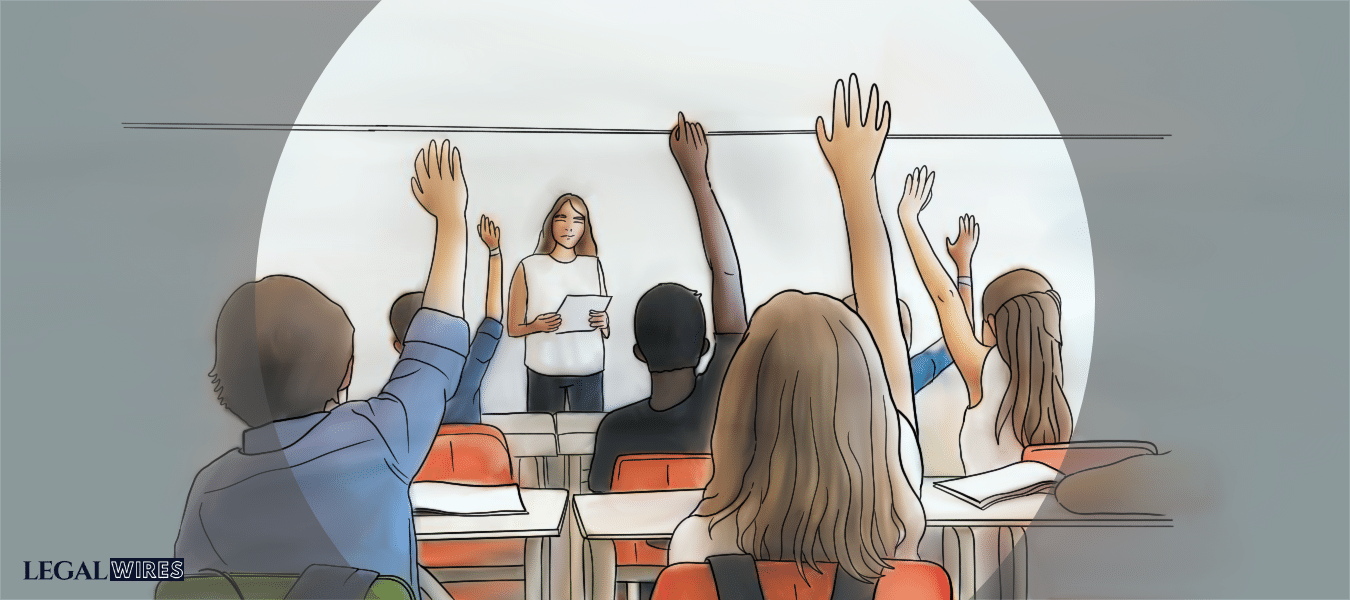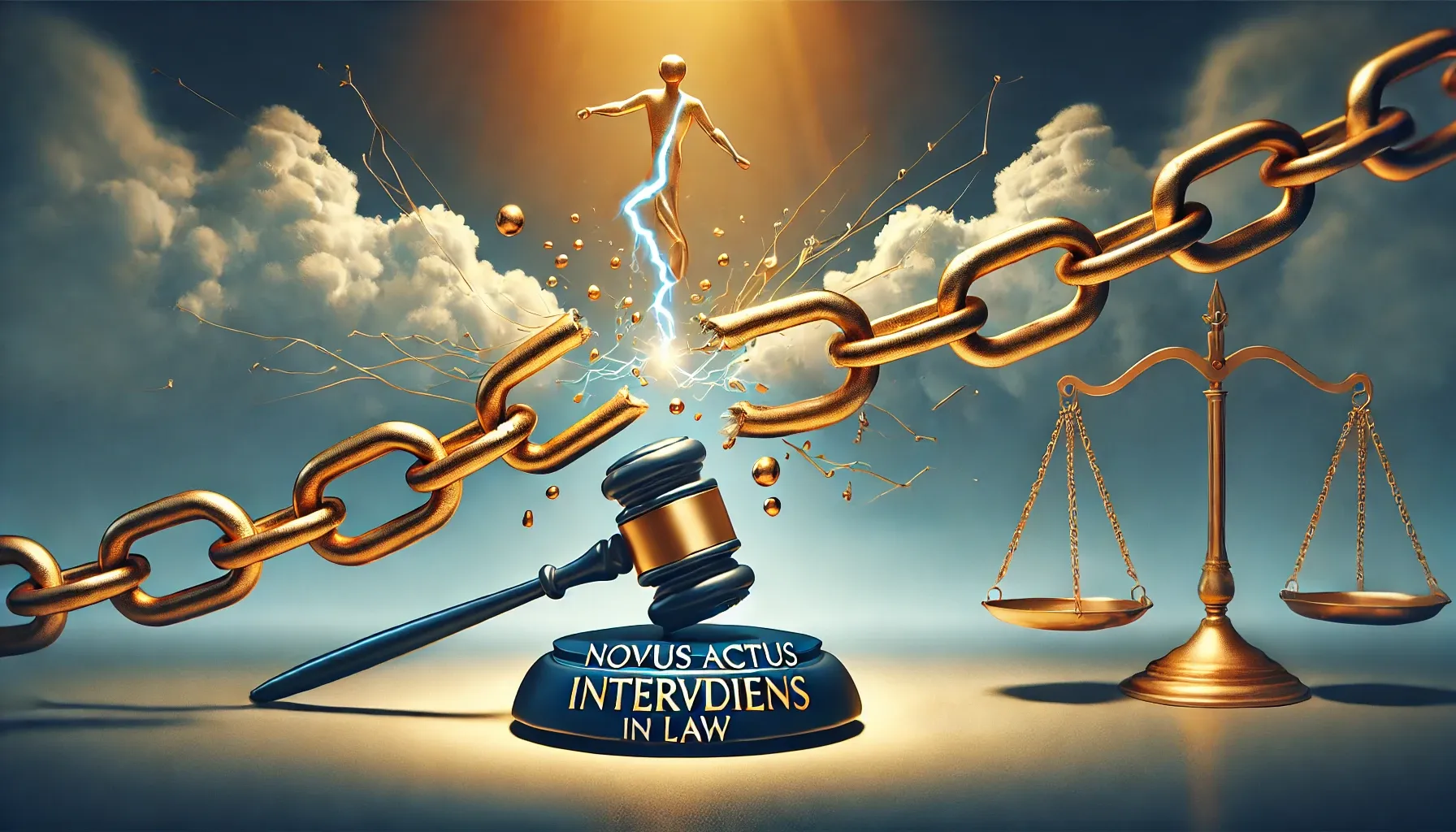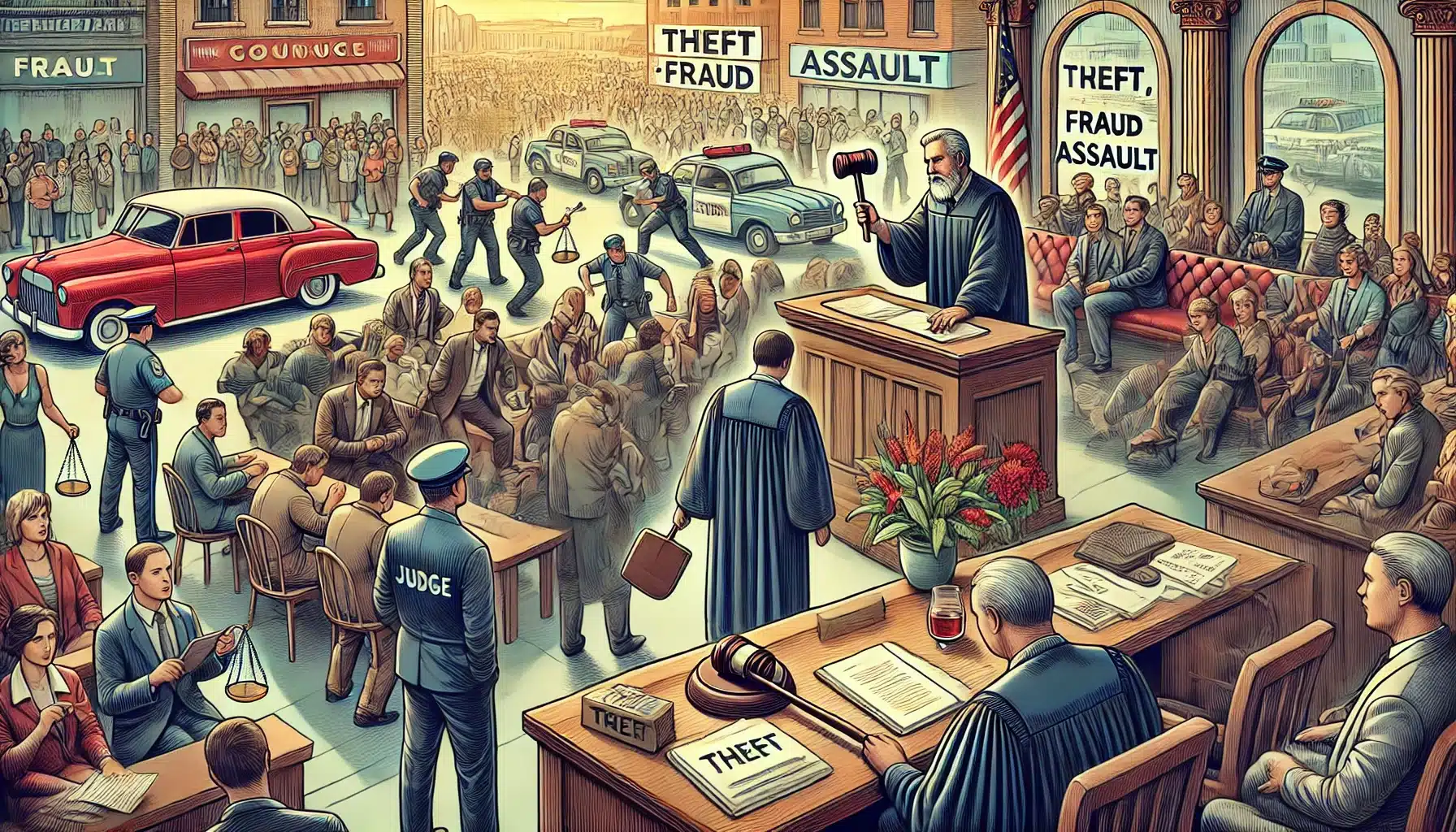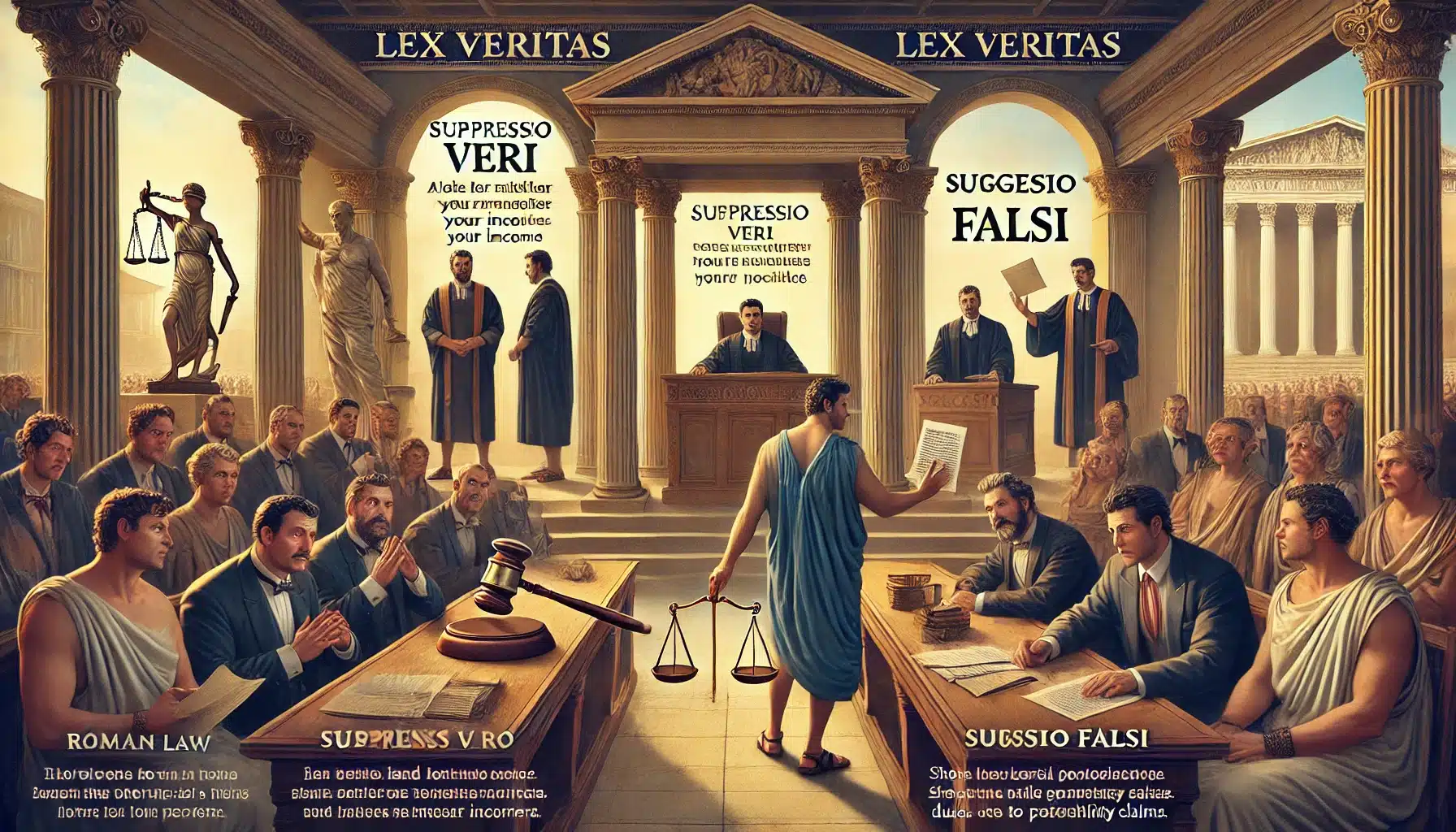“Education is the manifestation for perfection already in man”. According to UNESCO “Education is a human right for all and that access must be matched by quality.”

INTRODUCTION
“Education is the manifestation for perfection already in man“. According to UNESCO “Education is a human right for all and that access must be matched by quality.” It lay emphasis on educational development which proceeds from pre-school to higher education and beyond. It aims to prepare students for advanced educational programmes at the same or higher ISCED level[1]. Education deems to transmit values and accumulated knowledge of the society. It is a discipline which deals with the method of teaching and learning process, whether it is imparted through formal or informal platforms. Education promotes socialization which enables a child to adapt himself to the social norms and the challenges projected by the society.
ORIGIN
Education in India began in the 3rd century BC. It was based on religious training and imparting traditional knowledge . Earlier the sages and scholars imparted education verbally. The bark of the leaves and palm leaves were the sources for writing. Earlier the children did not have formal schools.Natural environment served as a pathshala for the learners. There were different patterns of schools which existed earlier, where education was not just imparted in a professional manner, but was looked much beyond it.[2]
Gurukula System
In ancient India, education was identified with the Gurukula system where education was imparted in a residential area under one roof, the guru and the learners lived together and the teaching learning process took place religiously. There were different learners belonging to different sections of the society, they lived together irrespective of their social standing.
Brahmacharya
This type of education was meant for the boys who were allotted a period of time, to dedicatedly focus on education. Through Upnayana a student was initiated into Brahmacharya. They were exposed to different types of learning . They had to sacrifice their luxuries and pleasures, and remain secluded for a period of time in order to stay improvised towards education.
Pattern of Education in ancient India
In ancient India, education was based on Vedas and Upanishads later on Hindu texts and scriptures. The vedic education basically dealt with proper pronunciation, rules of grammar, sacrifice, the secrets of nature, reasoning that includes logic, the science and basic skills necessary for occupation. The vedic education also dealt with medicines which were to be used to cure diseases like fever, cough, baldness, snake bite etc. In Upanishads the texts encouraged an exploratory learning process , the shishyas and the learners were the co- travellers in search for truth. The teaching methods were based on reasoning and questioning.
Gurudakshina
In ancient India education was free , but the shishyas used to pay Gurudakshina to the gurus as a mark of respect for attaining education. It was like a voluntary contribution after the completion of studies. It denotes a succession of teachers and disciples in traditional vedic culture and religions such as Hinduism, Jainism, Sikhism and Buddhism. Usually the shishyas belonging to well to do families could afford Gurudakshina.[3]
Outlook of education in Modern India (21st Century)
In 1993, the Director general of UNESCO had put forth a strong impetus, to debate on the relationship between education and society, thus ensuring the commitment of the Organization to strengthen international intellectual co-operation on all aspects focussing on the conception and practice of education. The commission submitted the report on learning: The Treasure within which was published in 1996. The following book portrayed ‘What kind of education is needed for what kind of society tomorrow’, the Commission took into account the diversity of the situation and the emerging aspirations to have an outlook of the future of education.
Learning : The Treasure Within was published at a time in history, when there was an internal struggle taking place between the short term and long term aims of human development in terms of material and spiritual aspects. The concept of learning, throughout life enables us to view education in all its dimensions, both as a tool for individual and social advancement and as an end in itself.[4]
Challenges of Education
In order to determine the goals of Education which formulates its future , is required to reach consensus on the general principles , objectives that guide future educational policy creating an influence on each generation to reformulate or restate. It endeavours to identify the main challenges and problems that will confront future educational policies.
Politicization of education
Almost all over the world there is a rendition of interest in education, which entirely depends on its representatives, education is vividly portrayed as a gateway to future economic prosperity, the chosen instrument to combat unemployment, the driving force behind scientific and technological advancement or a power to individual success. The politicization of education is amplified in many countries by reduction in government funding. The demands for the effective use of resources and its accountability is not only confined with the government but also emanates from parents about the quality of their children’s education, from employers about the quality of workforce and from other pressure groups with their own agendas. This in turn, has lead to a weakening of the
social consensus on educational objectives. There has been a drastic change in the pattern of education imparted in the past than in the present.
- Growth of knowledge and information- The ineluctability of the growth of knowledge and information which are the very important stuff of education and learning and on which rests the cultural and scientific advancements of societies.The
information glut in modern media dominated societies, poses new problems for the schools . The schools will have to learn how to exploit the pedagogical value of the information around them and develop in pupils the capacity to discriminate between the mass of information sources to which they are exposed every day.
- Technological Change- The passage of time has witnessed a tremendous amount of change in the field of technology which is continuing at a fast rate. The rate of change is unequal in different regions of the world and has an increasing affect in all aspects of life. In this scenario education plays a pivotal role as it provides and updates the skills and competence among the individuals, essential for a flexible response to the continuous change resulting from technological progress. Increasingly this role will have to be exercised in conjunction with the work place and new links will have to be forged between formal schooling and enterprise based training and learning, essential to combat the new forms of “functional illiteracy” which are generated by technological change.
- Demographic change- The vagaries of Demographic changes raise planning for the provision in the light of fluctuating numbers at different levels of the education system. This has been a main headache for education planners in the post war period and will continue to be so in the future.
- International Education– The 21st century schools are also responding to demand by moving into international education. The ISC Research have tracked these changes in their research. In the past , international schools were primarily for the families of military personnel and diplomats. By 2000 there were 2,500 international schools globally with 4.5 million student.[5]
It is well said, “The illiterate of the 21st century will not be those who cannot read and write , but those who cannot learn, unlearn, and relearn” by Alvin Toffler
New perspective of education in the 21st century
The main motive behind the goals of the 21st century is to gain mastery of information, embedded knowledge and understanding and the advanced use of technology in society. The basic goal of education should be, to provide complex learning environments for student’s which incorporates authentic learning , assessing and personal development.
Asking questions
It is very important for the students to ask questions about any phenomenon and try to define problems that need to be solved. Highlighting the queries and defining meaningful problems isn’t just an academic skill. It is an important disposition across life, work and citizenship.
Asking questions
Education demands an innovative approach towards teaching learning that would actively involve the students and convert it into an effective learning approach. The use of models and creative teaching aids grab the attention of the learners and provide them a new dimension to explore their thoughts and views and understand the concept in a better way. Teaching through models represents relevant testable features of explanations or design solutions.
Proper planning and carrying out investigations-
The goals of investigations are to test , refine or replace existing or hypothetical explanations or design solutions. Developing students’ abilities to examine data systematically, is yet another multipurpose
education outcome.
Proper evaluation and communicating information
Proper evaluation and communication enables the learners to seek solutions to the problem and find scope for improvement. The following practices are characterized by collaboration, reflectiveness and openness to alternative ideas. Once again, great skills to nourish for life ,work and citizenship.
Policies promoting education for life, work and citizenship
- The substantial shifts in instruction on multiple traditional subject areas will require the development of new curriculum and professional development which requires a high funding priority.
- No quick fixes or short- term measurable results can be expected from current formative or summative assessment instruments or practices.
- The textbooks should have relevant content that has personal and social relevance for students so that they are intellectually and emotionally engaged in their own learning. As a result, the current policies that give priority to consequential assessment need to be severely curtailed.
- Our social and technological context is constantly evolving, education for life , work and citizenship cannot just entirely focus on what is already known and how we live now.Therefore , teaching and assessment that privilege rote learning should give way to preparation for future learning.
The impact of Covid-19 and strategies for education sector in India
During the second week of March, state governments across the country began shutting down schools and colleges temporarily as a measure to prevent the spread of the novel coronavirus. It’s almost four months and there is no certainty when they will reopen. The pandemic situation brought a setback in the education sector at this crucial point of time.
When board examinations, nursery school admissions, entrance tests of various universities and competitive examinations, among others are all held during this period.As the days are passing by, yet no solution to curb this pandemic situation is discovered and the dilemma is continuing. As a result it had a short term impact on the continuity of learning for more than 285 million young learners in India but also engendered far reaching economic and societal consequences.[6]
- After the outbreak of Covid-19 the pattern of schooling, teaching methodologies and the procedure for assessment had been affected drastically. Few handful of private schools could proceed with the teaching learning process through e-learning platform, whereas the government schools had to undergo a complete shut down due to the lack of finance. Hence the students missed the opportunities for learning and the midday meals and are subject to economic and social stress.
- The pandemic situation has significantly disrupted the higher education sector which is a crucial determinant of a country’s economic future.
- One of the major concerns on everybody’s mind is the effect of the disease on the employment rate. The recent graduates in India are fearing withdrawal of job offers from corporates because of the current situation.
- The pandemic has transformed the chalk –talk teaching model to one driven by technology. Now, there is an urgent need for the upgradation of the teachers and their training on a technological driven platform to enhance their efficiency on the teaching learning process.
- A multi-pronged strategy is necessary to manage the crisis and build a resilient Indian education system in the long term.
- Open source –source digital learning solutions and learning management should be adopted so teachers can conduct teaching online. The Diksha platform has been a revolution which has laid a great support to the teachers to impart teaching across all states in India, which can be further strengthened to ensure accessibility of learning to the students.
- In this time of crisis, a well rounded and effective educational practice is the need of the hour to build what is needed for the capacity –building of young minds.It will help to develop skills that will drive their employability, productivity, health and well being to ensure the overall progress of India.
Recent announcements by the HRD Minister on virtual education
Our Union HRD Minister Shri Ramesh Pokhriyal ‘Nishank‘ virtually participated in G20 Extraordinary Virtual Education Minister’s Meeting. The session has been convened to discuss the effects of Covid-19 pandemic on the education sector , how different nations are dealing with it and how the member states can collaborate to resolve the issues prolonging the education sector after the outbreak of Covid-19. The Union Minister informed all members about India’s efforts to mitigate the impact of COVID-19 on all sectors including education. He also encouraged and laid support to Shri Narendra Modi’s recently launched clarion call for an “Atmanirbhar Bharat ‘ or self Reliant India. He also shared information about the efforts of the HRD Ministry to promote digital learning during Covid-19 crisis. He also shared their initiative to develop excellent digital educational content over the years . These are available on various platforms like Diksha, Swayam, Virtual labs, e-PG Pathshala and National Digital Library.[7]
Conclusion-
Hence, education is a wide platform and a source to meet the needs of all students is a complex and demanding task for educational institutions. Therefore, the assessment of students achievement, or understanding what students know and can do, is fundamental to effective teaching and to students learning.Consequently, thoughtful and defensible educational practice depends upon philosophical awareness and understanding.




